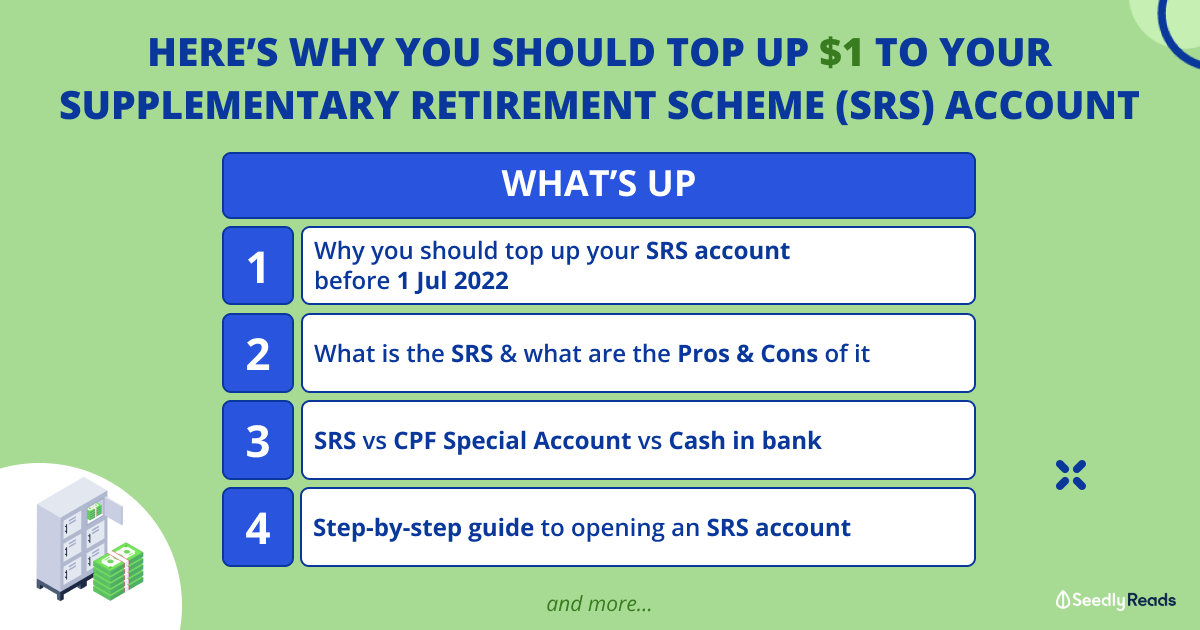Advertisement
Anonymous
What is your advice on topping up someone's Retirement Account up to the Enhanced Retirement Sum? Is it to maximise interest and get higher payouts?
Could you illustrate with a real-life example or a hypothetical scenario?
2
Discussion (2)
Learn how to style your text
Elijah Lee
11 Sep 2019
Senior Financial Services Manager at Phillip Securities (Jurong East)
Reply
Save
Hariz Arthur Maloy
11 Sep 2019
Independent Financial Advisor at Promiseland Independent
Alright, I’m going to be contrarian here and say that the Enhanced Retirement Scheme, (though very useful to get additional guaranteed payouts for life) may not be the most efficient use of your money.
Keeping that money in your Special or Ordinary account provides flexibility and more importantly, the interest is paid to your account rather than the CPF Lifelong Income Fund, which may be the better move.
I’d rather advocate for you to delay your CPF Life payout age from 65 to 70 and even opt for the Escalating Plan. Because that's an extra guaranteed 7% payout per year for each year delayed plus a guaranteed 2% increase in payouts yearly from the escalating plan.
This is a great deal that is almost impossible to come by at that age without any additional risk.
Of course, if your only expected stream of income is CPF, then, by all means, start your payouts at 65 and go for the Standard Plan.
Reply
Save
Write your thoughts
Related Articles
Related Posts
Related Posts
Advertisement








No right or wrong answer, but I do advocate ERS if there is sufficient liquidity elsewhere.
For example, if you have something like $1 million in liquid assets, increasing your SA to ERS will only require $88K if you are 55 this year, which is a mere 8.8% of your asset base. The trade-off is that it is a one-way thing, so you will only receive the money back in the form of CPF Life payouts. However, a guaranteed life annuity with this kind of payouts backed by an AAA-rated government is practically impossible to find, so it is a trade-off between having control of how you generate income from your assets or relinquishing part of the control to CPF.
I often find that if one has easy access to liquid funds, they usually don't last very long since we tend to under estimate our spending patterns. Consider your risk appetite, existing income assets, and ability to manage your investments before taking any action.